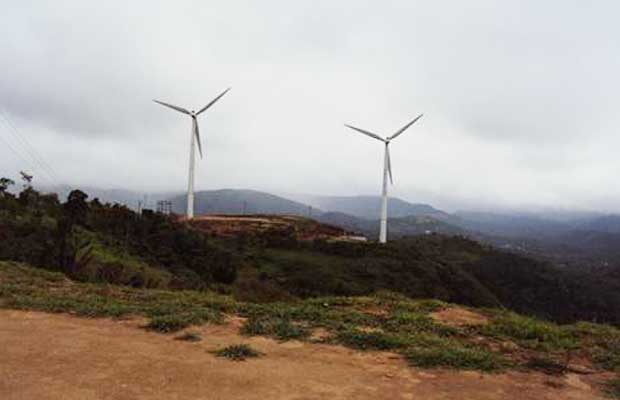The south-east Asian country of Laos is bullish on wind energy as it seeks to add to the country’s sustainability and strengthen the power export portfolio. In the latest development, the Laos Government and energy firms are looking to invest more than $2 billion for the development of wind energy of 1.2 GW in Lako area, Sepon District, Savannakhet Province.
A memorandum of understanding (MoU) was signed between Laos’ Deputy Minister of Planning and Investment, Sathabandith Insisiengma, Savan Vayu Renewable Company and LTM Lao Company to examine if the wind power projects could be developed in the region.
The companies and government had been evaluating information about the development of wind power projects in this area since the middle of previous year.
According to reports, the wind energy project that is being planned will have a capacity to produce 1,200 MW of clean and green energy. It will be developed with an investment of $2.159 billion. The construction work will conclude at the end of 2025.
The green power produced from the wind installations will be consumed domestically and will also be exported. The greatest beneficiary of the clean energy export will be the adjoining country of Vietnam. Laos already has a cooperation agreement with Vietnam in the energy sector that was signed in 2016.
As per reports, Laos is foraying into another renewable energy source project – geothermal power – that will generate energy and export it to Vietnam.
In July, Laos had begun to export renewable energy to Singapore though Thailand and Malaysia after a PPA was signed in 2021 between Keppel Electric of Singapore and Electricite du Laos (EDL), a state owned entity of Laos.
As of 2020, of the total electricity production, Laos generated 80.4 per cent of electricity from hydropower and 18.6 per cent from coal power plants. Notably, the country is dependent majorly on hydropower. Thus, the Lao government looks to diversify its sources of energy by developing solar, wind power and coal power plants to minimize the amount of electricity re-imported from neighbouring countries in the dry season.

